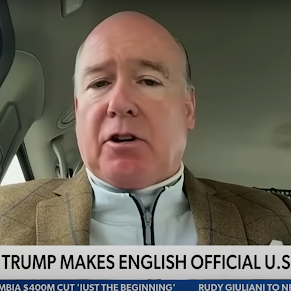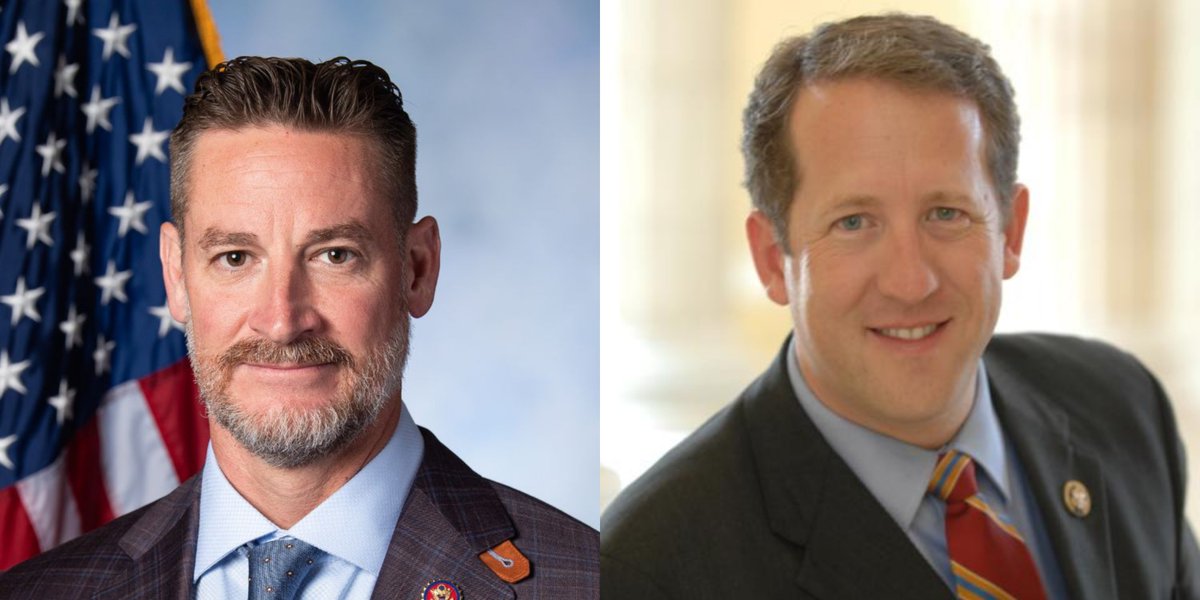Executive Summary: ProEnglish’s Testimony on Puerto Rico’s 2012 Status Referendum on Potential Statehood
Last updated 10/16/2012
“Statehood question” to be decided in Puerto Rico on Election Day 2012
ProEnglish, the nation’s leading advocate of official English submitted written testimony on November 7, 2011, to the Office of the Speaker of the House, Jennifer A. González-Colón, to be considered by the Special Status Committee in San Juan, the committee considering a new referendum on statehood.
Before the end of 2011, the Puerto Rican legislature proceeded to debate House Bill 3648 and Senate Bill 2303 that would require Puerto Rico to hold a national two-part referendum in 2012 to indicate whether its citizens want to remain a self-governing U.S. commonwealth, become independent, negotiate a new status with the U.S. (free association), or become the 51st U.S. state.
Governor Luis Fortuno (head of the pro-statehood New Progressive Party) signed the two-part status referendum legislation on December 28, 2011, which means that the people of Puerto Rico will vote in 2012 on the question of whether they want to remain a commonwealth, become independent, or become the 51st U.S. State. However, before the Governor signed the bill, a change was made to the legislation. The signed legislation requires that both plebiscites (rounds of voting) to take place on Election Day, November 6, 2012. Any change in status requires approval by the U.S. Congress and by the President. You can find a sample referendum ballot here in the Congressional Research Service’s new report entitled, Puerto Rico’s Political Status and the 2012 Plebescite: Background and Key Questions.
In its testimony, ProEnglish urged the legislature to clarify before the referendum takes place that if the people of Puerto Rico vote to become the 51st State, Puerto Rico would have to:
1. Adopt English as the only official language of day-to-day government operations including all laws, official records, and government proceedings.
2. Lose its exemption from the English testing requirements of federal education law.[1]
3. Make English language instruction mandatory in its schools.
These stipulations must be added to the legislation calling for a status referendum so that Puerto Rican voters can make an informed choice before they vote in a referendum on their country’s future status. This would not be forcing Puerto Rico to change, but rather, if Puerto Rico chooses to become a U.S. state, it would do so in the full knowledge that it will be required to adopt English as the language of its government and its schools.
There is a long history of Congress requiring English to be the language of government and schools for territories seeking to be admitted to the Union, e.g. Louisiana, Arizona, New Mexico, Oklahoma. [2] In all these territories that had large non-English speaking populations, Congress announced before the territories voted on the question of statehood that a change in language policy would be a prerequisite for admission.
The Puerto Rican legislature must address the issue of language for the following reasons:
- Although it currently designates both Spanish and English as its official languages,Puerto Rico operates its government and schools exclusively in Spanish.
- No territory with an official language other than English has ever been admitted to the Union.
- No existing U.S. state government operates in any other language on a day-to-day basis.
- According to 2010 Census figures, 96% of Puerto Ricans speak Spanish, but only 15% reported that they can speak English “very well.” Eighty-one (81%) describe themselves as being able to speak English “less than very well.”
- The teaching of English in Puerto Rico’s schools is approached as learning a foreign language. English is rarely taught in schools for more than 50 minutes a day.[3]
- An official bilingual territory, like Puerto Rico, in which its government, schools andover 80% of its citizens do not speak or operate in the same language as all other 50 U.S. states is unlikely to be admitted to the Union unless it agrees to change its language policy.
- An officially bilingual Puerto Rican State would lead to increased demands for taxpayer-funded Spanish language translations and interpreters. The potential costs should statehood for Puerto Rico result in establishing a Canadian-style system of bilingualism in the United States have been estimated to be $26 billion, or $85 per American, per year.[4]
[1] Pub.L. 107-110, 115 Stat. 1451, 20 U.S.C. § 6319 (2008).
[2] Oklahoma Enabling Act, Sec. 5. Provision for Public School (1906), Arizona, New Mexico Enabling Acts, c. 310, 36 U.S. Stat. 557, 568-579 (1910).
[3] “Few English Speakers Emerging from Puerto Rico’s Public Schools.” The Orlando Sentinel. 26 Apr. 2004.
[4] “Statehood for Puerto Rico and the Potential Fiscal Impact of Official Bilingualism for the United States.” Don Soifer, The Lexington Institute. March 2010.



